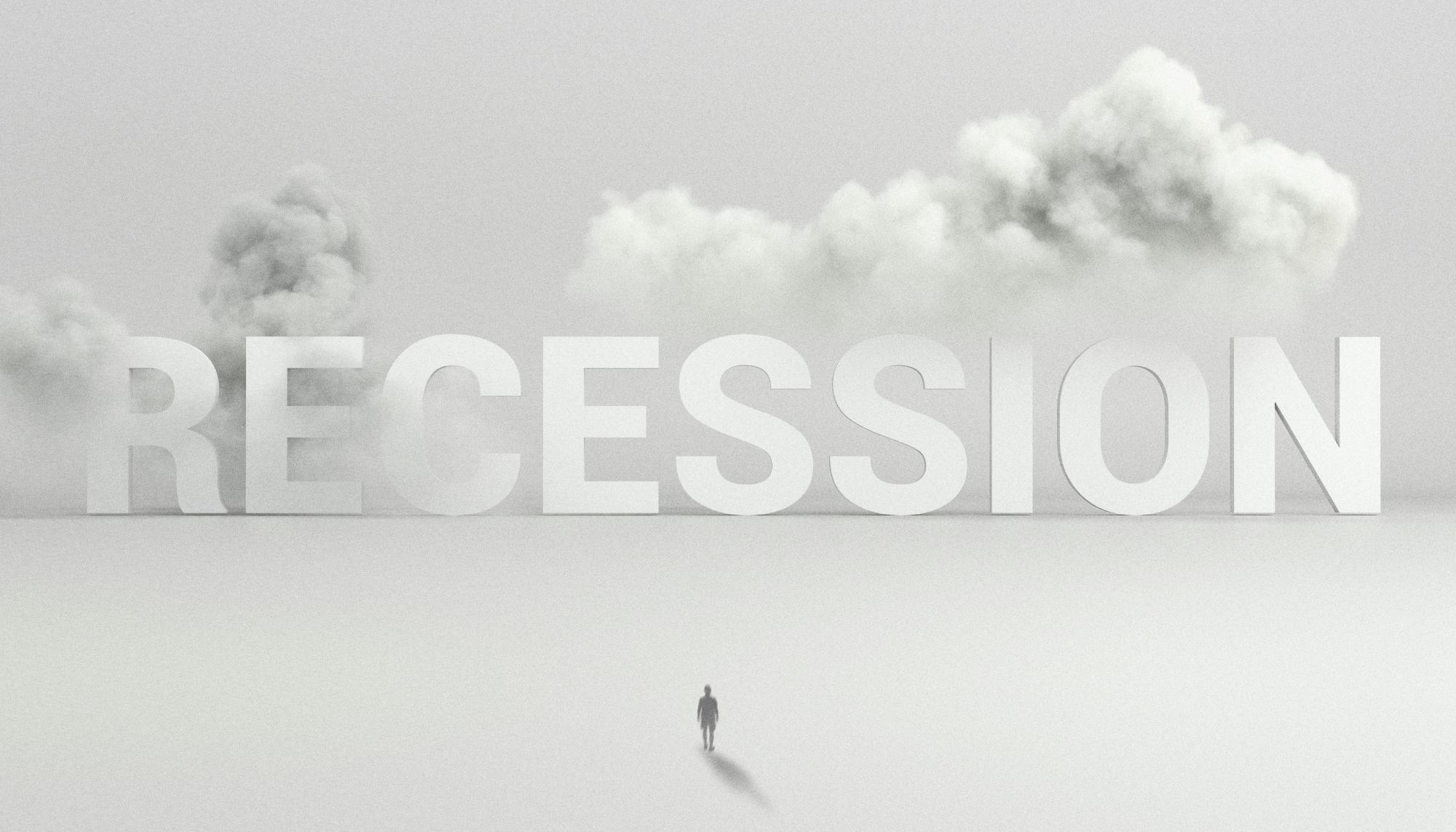Test- FTSE 100 Kicks Off August on a High as BP and Senior Lead Market Momentum
$11
10 Oct 2025, 13:13

Unsplash.com

The last recession
If the GDP declines for two consecutive quarters or three months, then a country is classed to be in a recession.
According to the most recent data, the GDP contracted by 0.3% in October and December of 2023.
That implies that the economy entered a recession at the end of 2023 and comes after a 0.1% decline between July and September.
The UK economy expanded by 0.1% throughout the course of the year.
At the height of the coronavirus outbreak in 2020, the UK experienced its most recent recession.
Even though it was short lived—just six months—the 20.4% decline from April to June 2020 was the highest on record.
The last recession, which lasted for five quarters, or fifteen months, began in 2008 as a result of the global financial crisis.
What are the effects?
Growth in the economy is beneficial to many people. It can imply that there is more employment available and that businesses can increase shareholder and employee compensation.
An expanding economy brings with it more income and larger profits, which also means higher tax revenue for the government.
It can decide to lower tax rates or spend more on public services, perks, and the pay of government employees.
These can reverse when a nation has a recession and its economy contracts.
There might be a spike in unemployment and job losses for certain people. It might be challenging for recent graduates and school dropouts to land their first job.
It could be more difficult for others to advance in their careers or to receive wage increases significant enough to keep up with inflation.
However, the effects of a recession are usually not felt evenly by all members of society, and inequality may worsen.
People who receive benefits or have fixed incomes are more likely to struggle, especially if the government decides to cut back on funding for public services.
What are the ways to exit a recession?
Interest rates are usually lowered by the Bank of England during a recession.
This lowers the cost of borrowing for individuals and companies, which may encourage expenditure and economic expansion.
However, the UK has seen a sharp increase in prices, therefore the Bank raised interest rates to combat this inflation.
The Bank has maintained interest rates at 5.25% for four consecutive occasions following 14 rate hikes; however, reductions are anticipated later in the year.
"Stagflation" refers to the state that might occur when there is significant inflation and the economy is not growing at all.
Given that the two problems call for distinct answers, this might be a highly challenging problem to tackle.
UK’s performance to others
Among the G7's seven major economies worldwide, the UK has been one of the weakest members.
Surpassing forecasts, the US economy expanded by 3.3% in the fourth quarter of 2023.
With a 2.5% overall growth rate over 2023, the US outperformed all other advanced countries. In 2024, it is predicted to do better than the other G7 countries.
The International Monetary Fund (IMF) forecast that the UK will only increase by 0.6% in 2024 in October 2023.
(Sources: bbc.co.uk, imf.org)